Speak truth in Turkey brings death
 (CBS/AP) A journalist who faced constant threats and protests as one of the most prominent voices of Turkey's shrinking Armenian community was shot to death Friday at the entrance to his newspaper's offices, police said.
(CBS/AP) A journalist who faced constant threats and protests as one of the most prominent voices of Turkey's shrinking Armenian community was shot to death Friday at the entrance to his newspaper's offices, police said. Hrant Dink, a 53-year-old Turkish citizen of Armenian descent, had gone on trial numerous times for speaking out about the mass killings of Armenians by Turks at the beginning of the 20th century. He had also received threats from nationalists, who viewed him as a traitor.
In October 2005, he was convicted of trying to influence the judiciary after the bilingual Turkish-Armenian newspaper he edited, Agos, ran stories criticizing a law making it a crime to insult Turkey, the Turkish government or the Turkish national character. He was given a six-month suspended sentence. The conviction was rare even in a country where trials of journalists, academics and writers have become common. Most of the cases, including that of the Nobel Prize-winning novelist Orhan Pamuk, were either dropped on a technicality or led to acquittals.
Dink cried during an interview with The Associated Press last year as he talked about some of his countrymen's hatred for him, saying he could not stay in a country where he was unwanted. "I'm living together with Turks in this country," Dink told the AP. "I don't think I could live with an identity of having insulted them in this country ... if I am unable to come up with a positive result, it will be honorable for me to leave this country." Prime Minister Recep Tayyip Erdogan condemned Dink's death as an attack against Turkey's unity and promised to catch those responsible. Erdogan said two suspects had been arrested, but offered no details. "Once again, dark hands have chosen our country and spilled blood in Istanbul to achieve their dark goals," Erdogan said at a news conference.
The prime minister said he had assigned top officials from the Justice Ministry to the case and that they were on their way to Istanbul from the capital, Ankara. Can Dundar, Dink's friend and fellow journalist, said he wished Dink had left the country as he once promised he would in the face of the threats, protests and legal proceedings against him. "Hrant's body is lying on the ground as if those bullets were fired at Turkey," Dundar told private NTV television. Turkey's relationship with its Armenian community is fraught with tension and painful memories of a brutal past. Much of Turkey's once-sizeable Armenian population was killed or driven out of the country from 1915-1923 in what an increasing number of countries are recognizing as the first genocide of the 20th century. Turkey acknowledges that large numbers of Armenians died but vehemently denies it was genocide, saying the overall figure is inflated and the deaths occurred in the civil unrest during the collapse of the Ottoman Empire. Turkey, which is overwhelmingly Muslim, and Armenia, which claims to be the first country to official adopt Christianity, share a border, but it is closed and the two countries have no formal diplomatic relations.
Dink's body was covered with a white sheet in front of the newspaper's entrance. NTV said four empty shell casings were found on the ground and that he was killed by two bullets to the head. Workers at the newspaper, including Dink's brother, who has also been put on trial in Turkey, wept and consoled each other near his body. Fehmi Koru, a columnist at the Yeni Safak newspaper, said Dink's slaying was aimed at destabilizing Turkey. "His loss is the loss of Turkey," Koru said. Dink had complained in a letter that he received no responses even after complaining to authorities about threats of violence made to him, NTV reported. A colleague at Dink's newspaper, Aydin Engin, said Dink had attributed the threats to elements in the "deep state," a Turkish term that implies shadowy, deeply nationalist and powerful elements in the government.


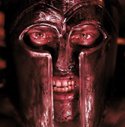


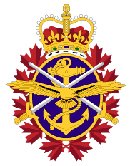







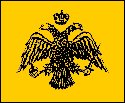






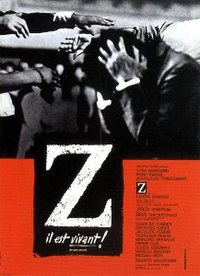
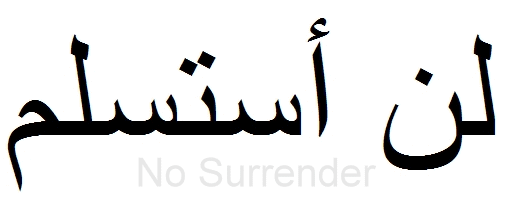

0 Comments:
Post a Comment
<< Home